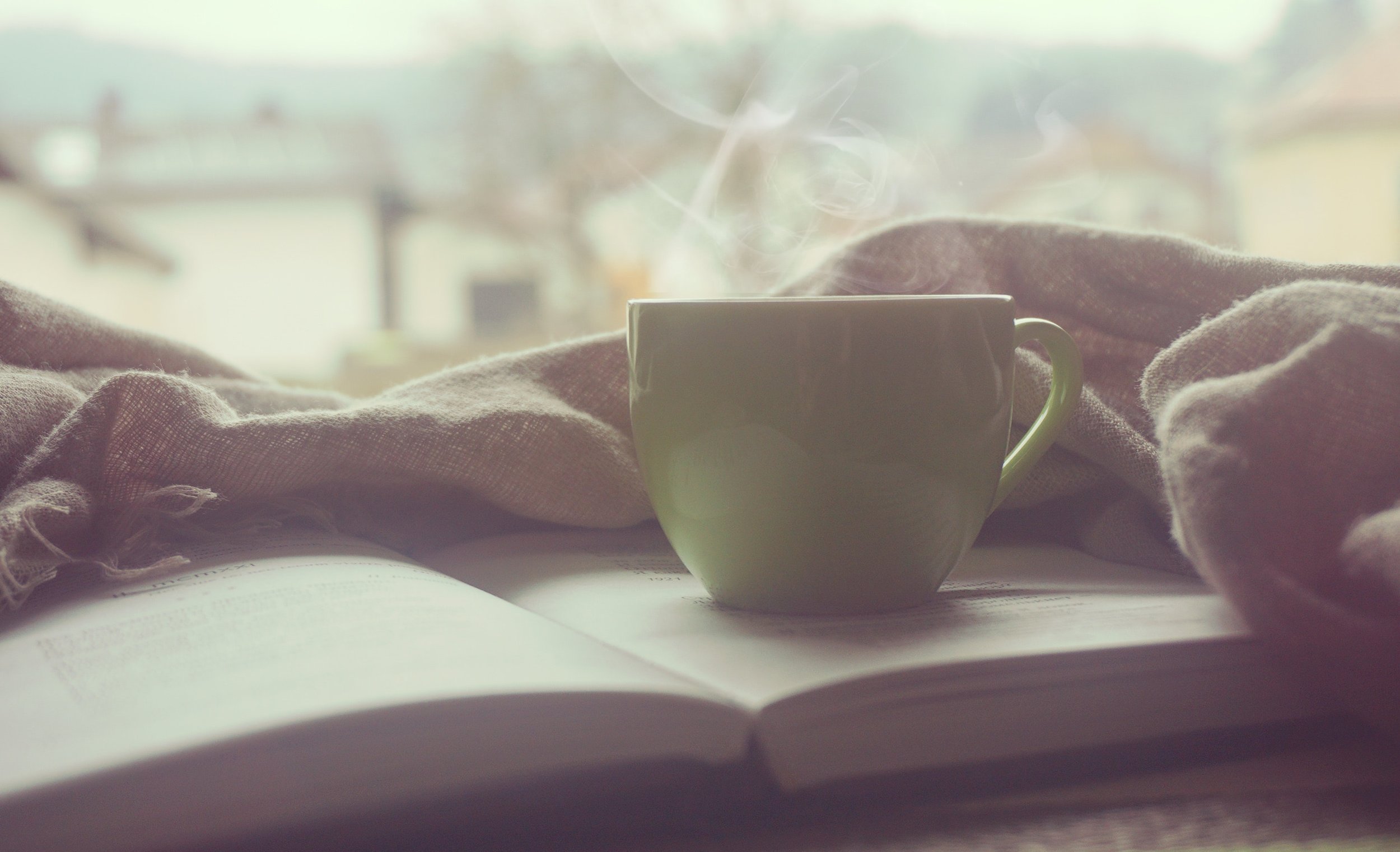GLOOM TO BOOM
After what seems to be my bi-annual, catch the flu, and become down and out for several days of the much-anticipated Christmas vacation, I found myself feeling off. I saw that other people were posting a similar lull. Personally, I am getting much better at reminding myself when I am not feeling 100%, didn’t sleep well, or just finished a busy season, that now is not a great time to assess who I am or how I am feeling as the exhausted/infirm lens can put a bit of a grey tint to everything but it can still be difficult to shake off. Many people experience these dips and even crashes after a big event. The crashes, for a lack of a better word, are often inexplicable, different from grief, a mental health issue, or being in the face of a difficult situation. They come when things are generally fine but without warning you start to question it all. This time of year can also be hard with New Year’s resolutions around the corner inspiring those “where is my life going” and “what are my goals” questioning that can sometimes lead one to lament. A cluster crash.
If you are struggling to shake it off, here is what is important to keep in mind, and this is true for any of these crashes, they aren’t real or at least not in real time. Our problem-solving brain loves a problem and it is designed to worry, huge for survival, tough to manage when survival is not of issue and the alarm bells sound anyway. So when we aren’t feeling good we begin to assess… it must be me, my marriage, the kids, this job, the house, the renovations, that no vacation is booked, the stock market, that I haven’t heard from a family member, that I talked to much at the party last night, that I didn’t talk enough, I’m behind in work, I haven’t gotten to the gym, etc. The possibilities to dwell and negate are endless but it is rarely the moment we are in. In a crash the “now” is in fact okay. Our worries about life, goals, and self-actualization don’t need to be worries at all. There is no benefit. Zero. Do we need to keep going? Absolutely! Do we need to put some steps in place? Definitely! However, worrying about it adds nothing. Even the big problems that you are facing are often attached to worries about how they will turn out and not the moment. A beloved family member got diagnosed with cancer not long before Christmas and he is in treatment. We are worried, but my worries aren’t about his 12:57 pm on this Saturday they are about how he will feel next week with chemo (future) or regrets about not being there at Christmas because we were ill (past). So even the big worries can sometimes be put in their proper place.
My advice? Practice self-compassion. Put your hand on your heart and tell yourself three things…
1. Acknowledge that this feeling you are having is hard. Period. Don’t worry about justifying it or making sense of it just let yourself say “ouch” and “I acknowledge that ouch”.
2. Say something nice to yourself. For example, “sorry that you feel this way right now, it’s hard”, you can add a dear one, or a pal, but be kind to yourself in an authentic way like you would a friend.
3. Tell yourself something you can believe in. Perhaps you believe and can say “it will pass”, “you can learn from this”, be realistic and encouraging.
Then end it all with a little self-care and fluid up, read a book, grab a blanket, and give worry a hard no. My lull is being cut off, it had its moment today. Yeah, I gave it a little time, but nothing to worry about.










